Tuberculosis is a communicable disease caused by the bacteria Mycobacterium Tuberculosis. The bacterium attacks the lungs and multiplies here. It can also spread to other parts of the body. The bacteria can spread through cough or sneeze of the infected person.
Tuberculosis causes a significant loss in appetite and episodes of nausea. The sudden drop in appetite causes a loss in weight. Vomiting is also a common occurrence in tuberculosis patients.
While getting treated for Tuberculosis, it is essential that the patient eats the right type of food. A good diet is key to complete recovery. It is important for Tuberculosis patients to eat more since there is a lack of appetite. This lack of hunger could lead to unnatural weight loss, resulting in weakness later on. When suffering from Tuberculosis, the body becomes very deficient in nutrients and needs as many nutrients as possible from the food being consumed. The following food groups play key roles in the recovery of a tuberculosis patient.
Table of Contents
Food Groups To Be Consumed by Tuberculosis Patients
Foods Rich in Vitamin A, C, D, and E
Vitamins C and D have been known to help combat the bacteria Mycobacterium tuberculosis, which causes TB. This is why food articles rich in various vitamins play such an important role in recovery. Food rich in vitamin D is also necessary. Fruits and vegetables are an excellent source of Vitamin A, C and E. These foods include orange, Sweet Pumpkin, Mango, Amla, Carrots, Guava, Nuts, Tomato and seeds, and these should be a part of the daily diet of a TB patient.
Foods Rich in Zinc and Selenium
Zinc and Selenium are very important for killing bacteria and improving immunity. Zinc is important for the function of Phagocytosis, wherein, the bacteria is ingested and killed by phagocytes and Selenium is vital in maintaining immunity and keeping it in fighting form.
Nuts are rich and easily available sources of zinc for the body. Mushrooms, nuts, and seeds like sesame, sunflower seeds, pumpkin seeds, and flax seeds are quite beneficial and help the patient in combating the disease. Brazil nuts are a good source of Selenium. Non-vegetarian sources of zinc and selenium include oysters, fish, and chicken.

Calorie Dense Foods
Tuberculosis causes a loss of appetite. This leads to drastic weight loss and weakness. Calorie dense foods that are nutrient-rich can help combat this weight loss and cater to the rising metabolic demands of the Tuberculosis patient’s body.
Protein-rich foods
The body also requires more protein during this period. This needs to be met by protein-rich food articles. This requirement can be met using food items like nuts and dry fruits, meats, paneer, tofu or eggs.
Foods that should be Consumed by Tuberculosis Patients
Greens
These are foods that are packed with a number of nutrients. Patient’s immunity and hemoglobin is very low in Tuberculosis so iron-rich products should be taken on a regular basis. Green leafy vegetables like spinach and kale have high iron and vitamin content which could prove to be extremely beneficial for tuberculosis patients.
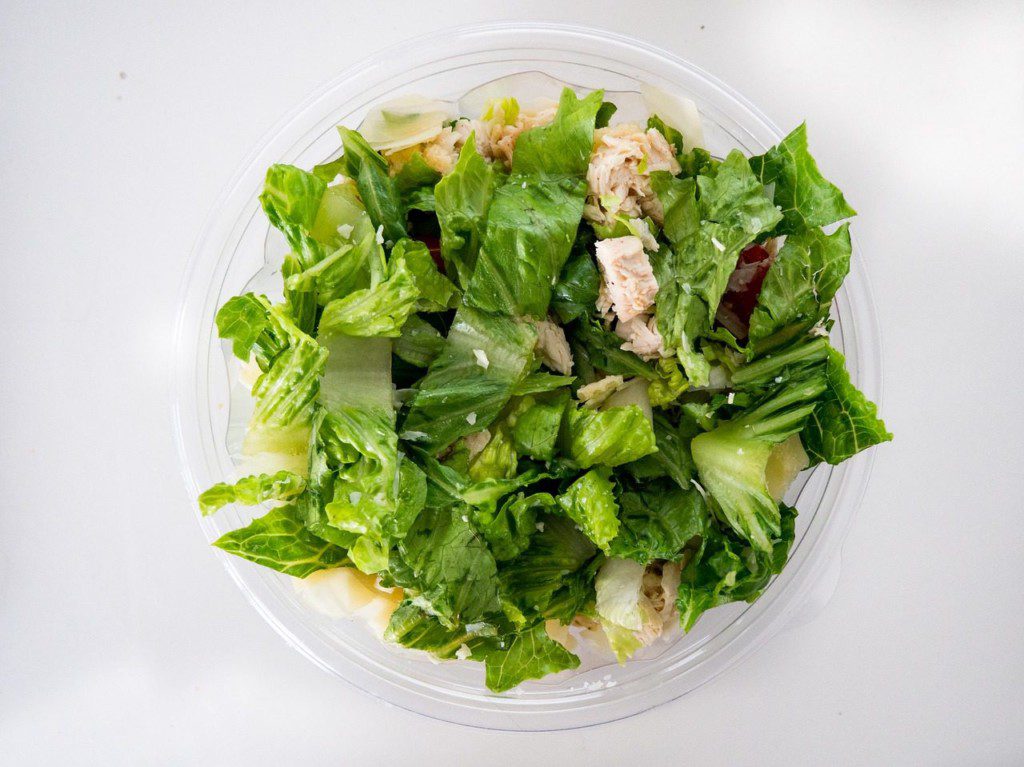
Milk
Milk is a protein-rich food that helps in bringing back the strength and immunity in a Tuberculosis patient. As an alternative, the patient can also consume almond milk since it is packed with nutrients and is easier to digest.
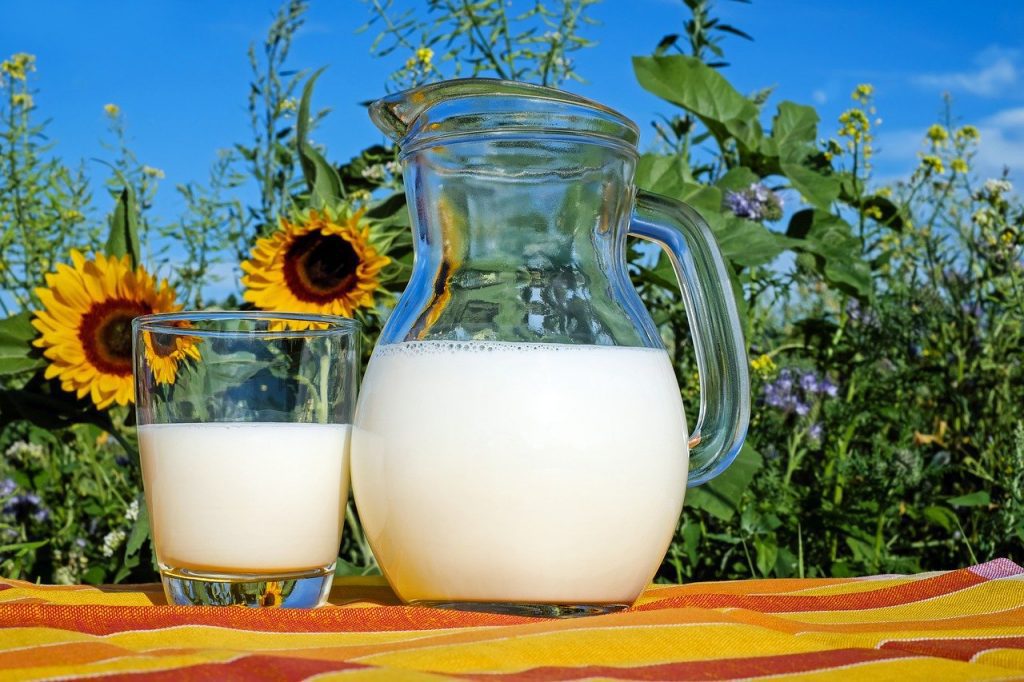
Garlic
Garlic is also very beneficial For Tuberculosis patients. Chewing on two or three buds of garlic every morning for a month can help reduce the disease in the body.
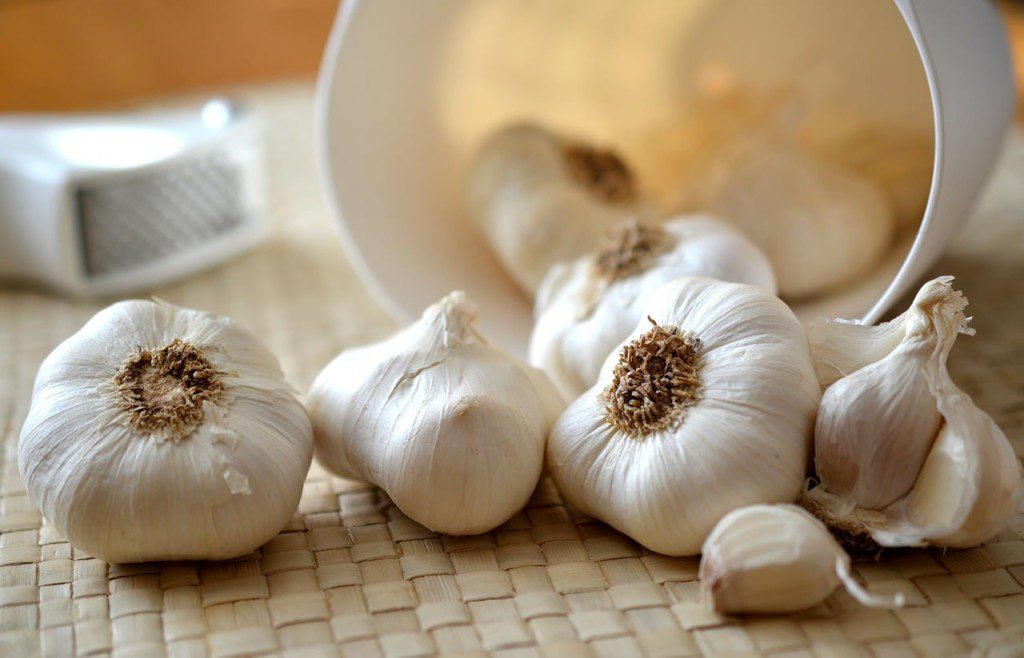
Bright Colored Vegetables
Brightly colored vegetables are packed with pigments and antioxidants. These antioxidants are essential in helping patients recover.

Fruits
Most fruits are rich in vitamins A and C. This makes them very beneficial for tuberculosis patients. Fruits like amla, oranges and sweet limes are rich in the much-needed vitamin C while fruits like papayas and mango are rich Vitamin A. Apples are also beneficial since they are rich in iron.

Dry Fruits and Nuts
Dry fruits and nuts are good sources of zinc and selenium, both of which are necessary for Tuberculosis patients.
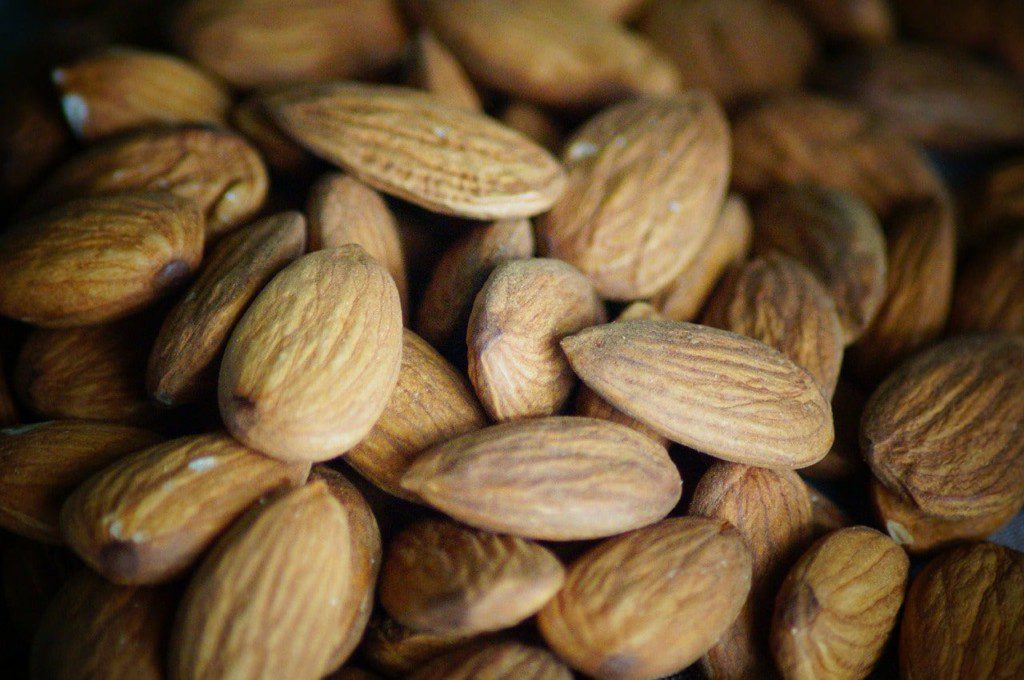
Green Tea
Green tea works wonders in removing toxins from the body. It works very fast and is more beneficial than regular tea or coffee in these situations.

Coconut Water
Tender coconut water is filled with electrolytes and minerals. These help you stay energized, hydrated and aid recovery.
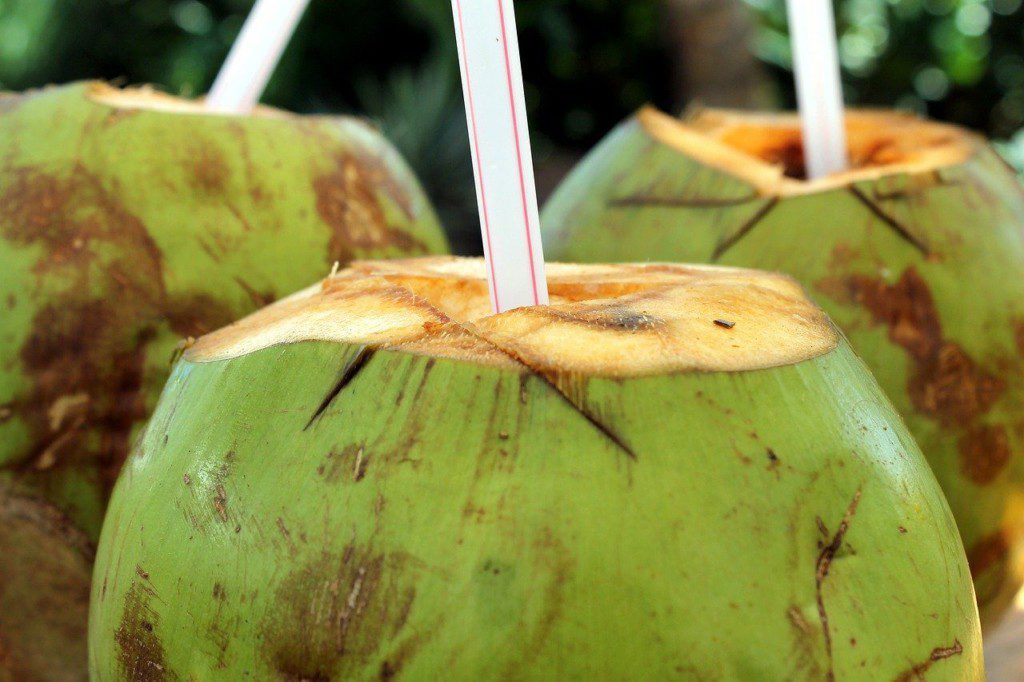
Foods Tuberculosis Patients Should Avoid
While recovering from Tuberculosis, it is absolutely essential to take care of yourself and eat right. This not only includes eating everything that would be beneficial but also cutting out foods that will hamper your recovery.
Foods to avoid are-
- Alcoholic beverages and tobacco products
- Refined products (like sugar, white rice, and all-purpose flour or refined flour)
- Saturated fats
- High-fat, high-cholesterol red meats
- Coffee and caffeinated drinks
- Trans-fatty acids
- Greasy and fried foods
Symptoms of TB
- A cough that persists even after three weeks
- Bloody or mucus-filled cough
- Weakness and fatigue
- Night Sweats
- Fever
- Loss of Appetite
- Weight Loss
Types of Tuberculosis
There are two forms of TB – latent Tuberculosis and active Tuberculosis.
Latent Tuberculosis means the virus enters the body, but your immune system is able to curb its spread. Hence none of the symptoms appear and it is not contagious at this point. However, the infection is still very much alive and could become active when the immunity goes down. In such cases, doctors tend to medicate the patient with antibiotics to reduce the chances of the bacteria becoming active.
Active Tuberculosis means the bacteria enter the body and multiply rapidly. This makes the patient very sick and can be very contagious. People with weaker immunity or people who are undernourished or malnourished are more likely to contract TB. The disease can be fatal if not treated properly and on time.
FAQ’s
Remember to always keep up with good hygiene practices. Always wash hands after coughing, sneezing, or visiting crowded places. Wash hands well with a good hand washing soap for at least 20 seconds. Keep away from healthy individuals if you feel certain symptoms of tuberculosis. Go to the doctor for treatment and follow through with the prescribed treatment along with the diet.
Disclaimer
This content including advice provides generic information only. It is in no way a substitute for a qualified medical opinion. Always consult a specialist or your own doctor for more information before making any dietary changes.



